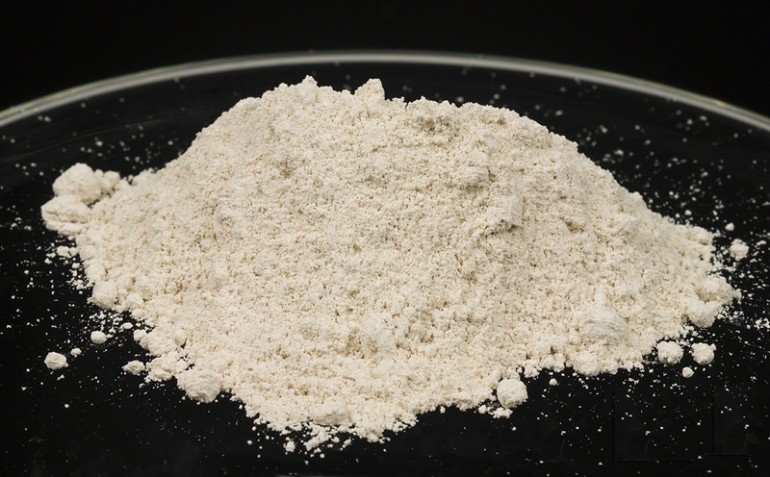Phencyclidine, abbreviated as PCP, is a dangerous, sedative drug sold illicitly on the streets. The drug is distributed in multiple colors and forms, including liquid, white powder, crystalline, capsules and tablets. Users take it by ingesting, sniffing and smoking. PCP is sometimes mixed and sold in combination with other drugs and substances such as marijuana, MDMA and tobacco. What are the short-term effects of using PCP?

Short-Term Effects of PCP
The short-term effects of this hallucinogen are both physical and psychological. These effects are dependent on the dose taken and past history of drug use.
Common psychological effects include:
- Paranoia
- Antisocial and aggressive behavior
- Delusions of grandeur
- Disassociation from reality
- Feeling anxious
- Varying sense of euphoria
- Disorientation
- Depression
- Short attention span
- Obsessive behavior
- Fear of death
Short-term effects of PCP also include the physical aspect, including:
- Distorted or blurred vision
- Vomiting and nausea
- Increased heartbeat
- Drop or increase in blood pressure
- Fever
- Sensitivity to sound
- Incoherent speech or inability to speak
- Irregular breathing
- Rigid muscles
- Dizziness
Long-Term Effects of PCP
Long-term abuse of PCP is dangerous. The effects include:
- Detachment
- Poor memory
- Weight loss
- Distorted memory or flashback, similar to those of LSD abusers
- Continuous speech impairment
- Severe depression and suicidal tendencies. Patient may be a danger to themselves and to others, and therefore should be well protected and kept in a serene environment.
- Symptoms of psychoses such as aggressive behavior, hallucinations, and hostility
Effects of PCP Overdose
Overdosing on PCP can have serious health repercussions, both physical and psychological. It can even lead to death through acute renal failure and hyperthermia among others. Immediately seek medical attention in case you notice any of the following symptoms:
- Catatonic posturing
- Poor coordination
- Coma
- Psychosis
- Seizure and convulsion
- Nystagmus, also known as rapid eye movement
How Is PCP Abuse Treated?
The treatment of PCP addiction is similar, whether the patient is experiencing long-term or short-term effects of PCP. Treatment options for PCP addiction include:
1. Detox Program
A detox program to rid the body of the substance and restore it to the normal balanced state is conducted under the careful eye of trained professionals.
Although detox alone cannot constitute the entire treatment due to the behavioral, psychological and social implications of the drug, it is the first step in a comprehensive treatment program.
2. Drug Abuse Rehabilitation Center
This is an inpatient arrangement where the patient is admitted for several weeks or months, depending on the program duration. These facilities offer an all-round type of treatment which includes medical treatment, individual therapy, group counseling, training on prevention of a relapse, and preparation for re-integration in the community after the treatment.
3. Outpatient Treatment
This approach may be used where the doctor determines that living with close family or friends is beneficial to the patient’s recovery. It is also applied in case a patient needs to complete other commitments such as school and work. Intensive outpatient treatment programs can be quite engaging and may include meetings for up to five times a week.
4. Support Groups
These are composed of people who have recovered from addiction. Support groups can act a strong support system for a recovering patient. Patients benefit from mentorship program by the help of those who have travelled the same route to overcome the vice.
Recovery from drug addiction is a lifelong commitment. Work with the doctor to make an individualized recovery program and stick to it. The short-term effects of PCP and the long-term ones will be combated.
